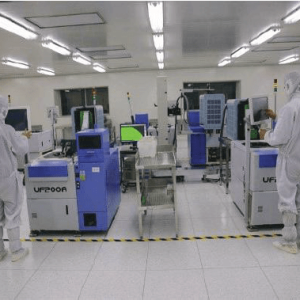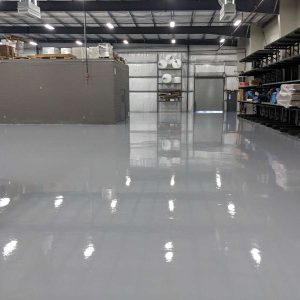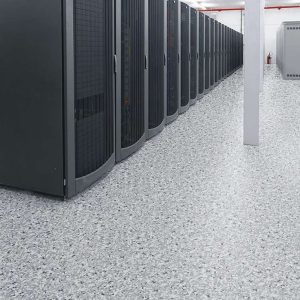LABORATORY FLOORING GUIDE
STANDARD FEATURES
Easy to clean
Slip-resistant
Moisture-proof
Impermeable
Non-staining
Non-absorbent
Easy to maintain
Durable against sharp tools or equipment impact
OTHER FEATURES
Hygienic
Chemical resistant
Temperature resistant
Oil and grease resistant
Static-dissipative / ESD conductive
Resistant to biocides
Bacteriostatic
Anti-microbial
Abrasion resistant against trolleys or lift trucks
TEMPERATURES & CLEANING REGIMES
Your choice of laboratory flooring also needs to take into account how the area is to be cleaned. Standard laboratory flooring needs to be resistant to disinfectant, detergent and water, allowing thorough regular cleaning without deterioration. In some cases, the floor will be cleaned with very hot water, steam cleaned or fumigated.
SPECIFYING CHEMICALLY RESISTANT FLOORING
When specifying a laboratory floor, it is important to know the types and concentrations of chemicals the floor might come into contact with. The majority of potential contact will be accidental spillage which should be cleaned-up immediately. Different types of floor have tolerances to some chemicals and not others. Some floor finishes are resistant to certain chemicals up to a given concentration and/or time limit. Other floor finishes can be resistant to a given chemical for long periods of exposure without sustaining any damage at all.
LAB FLOORING SELECTION
Every laboratory – whether installed in a school or commercial environment – will have its own specific flooring needs and our extensive knowledge allows us to supply the ideal flooring for your laboratory, within your budget.
Machlab will help you select the right flooring suitable for your laboratory’s individual needs and budget. Our range includes vinyl, tiles and resins. When it comes to flooring, we use some of the quality brands available, providing our customers with hygiene and safety for the most demanding environments.



